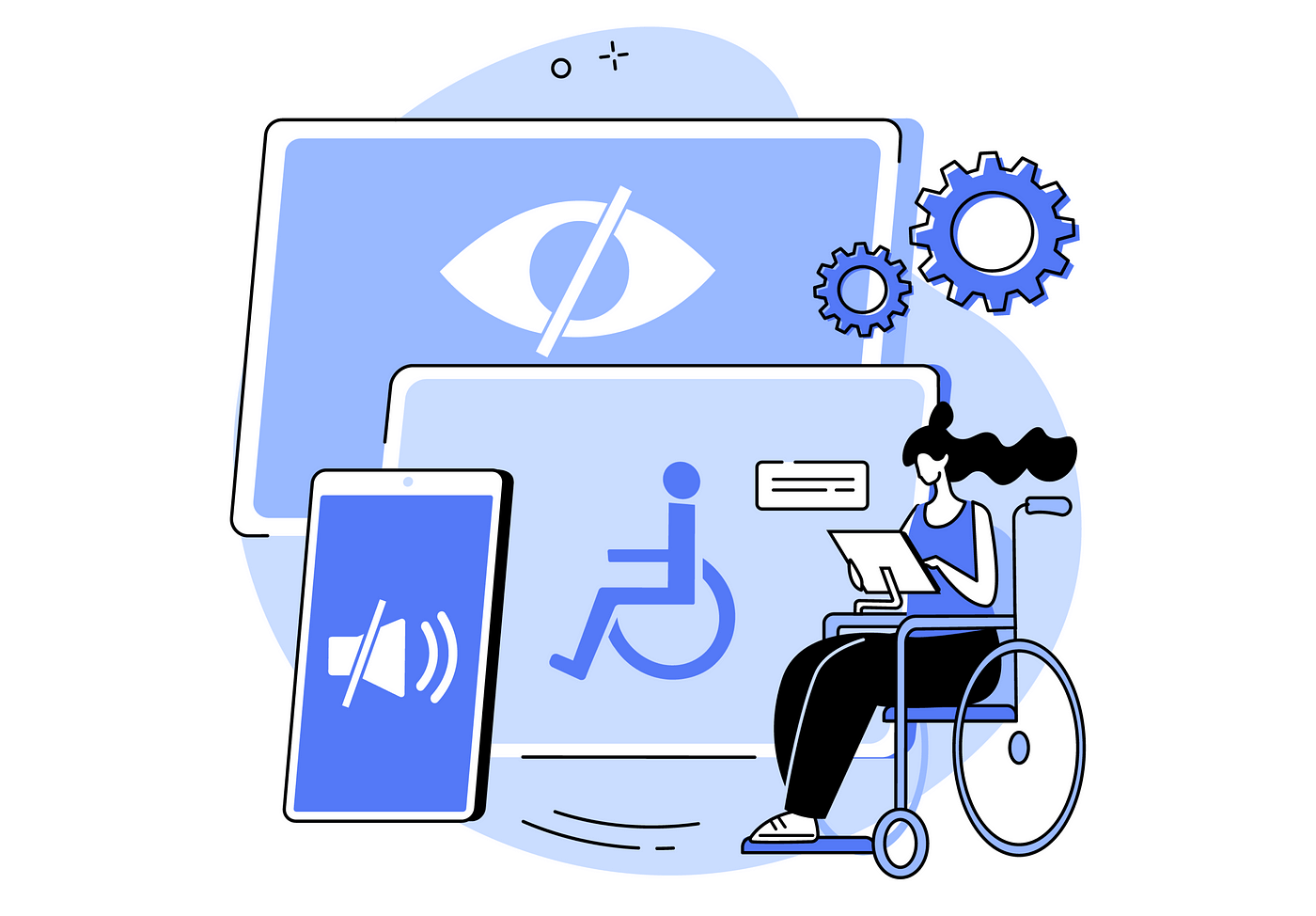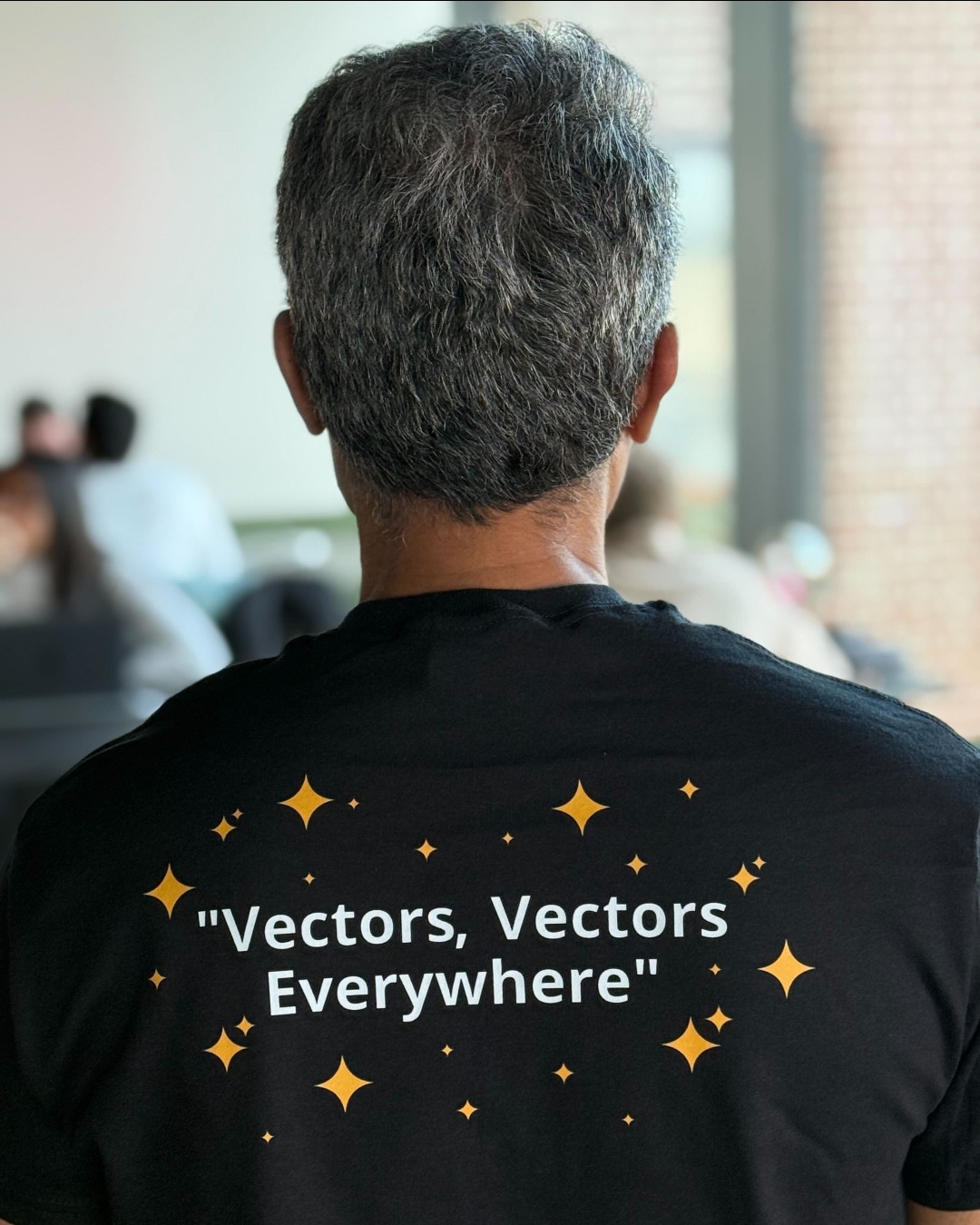
Legal and Compliance Considerations in Migrating to Flutter
As Flutter adoption grows, so do the legal and compliance considerations involved. Businesses need to be aware of the laws and regulations that apply to their Flutter apps, and they need to take steps to ensure compliance. Being aware of legal nuances and compliance standards is indispensable for ensuring your transition is smooth and free from potential legal complications down the line.
Here are some key considerations you should not overlook:
1. Licensing
Flutter is an open-source framework, which means that you can freely use, modify, and distribute the software. But have you scrutinized the license agreement? Understanding the terms and conditions of Flutter’s license is crucial to avoiding infringements. Double-check the type of license to know your rights and responsibilities, including whether your modifications to the Flutter code must also be made open-source.
- Pro tip: Make sure to read and understand the terms of the Flutter SDK license before using it. This will help you avoid any potential infringement issues.
- Additionally: Be aware of the different types of licenses available, and choose the one that best suits your needs. For example, if you plan to make modifications to the Flutter code, you will need to choose a license that allows for this.
2. Data Privacy
Flutter offers various plugins to integrate third-party services. While these offer convenience, they can also become your Achilles’ heel when it comes to data privacy. Are you using plugins that are compliant with GDPR, CCPA, or any other regional data protection laws? Conduct a thorough vetting process for each plugin or service you intend to use and consult your legal team to ensure you’re not unknowingly violating any data privacy laws.
- Pro tip: When using third-party plugins, make sure to check their privacy policies to ensure that they are compliant with applicable laws.
- Additionally: Consider using plugins that have been certified by privacy organizations such as the Electronic Frontier Foundation (EFF).
3. Accessibility
In many jurisdictions, digital platforms are required to be accessible to people with disabilities. Failure to meet these guidelines can result in legal issues. When you migrate to Flutter, make sure that the widgets and features you use comply with accessibility standards such as the Web Content Accessibility Guidelines (WCAG).
- Pro tip: Use widgets and features that are compliant with accessibility standards such as the Web Content Accessibility Guidelines (WCAG).
- Additionally: Conduct user testing with people with disabilities to ensure that your app is accessible to them.
4. Intellectual Property
Migrating to Flutter may involve reusing code, designs, or even whole architectures. As exciting as it is to hasten the migration process, it’s crucial to make sure that you have the rights to use any intellectual property that isn’t originally yours. Infringement can lead to legal consequences and even the termination of your project.
- Pro tip: Get permission from the copyright holder before using any intellectual property that is not yours.
- Additionally: Keep good records of all your work, including code, designs, and documentation. This will help you to prove your ownership of your intellectual property if there is ever a dispute.
5. Third-Party Dependencies
Flutter allows you to use a myriad of third-party packages for added functionality. While this is often the key to faster and more efficient development, each package comes with its own license and compliance requirements. Ensure that all third-party packages and dependencies are compatible with your project’s legal stance.
- Pro tip: Read the licenses of all third-party packages and dependencies that you use. This will help you to understand your obligations and responsibilities.
- Additionally: Be aware of the security implications of using third-party packages. Make sure to choose packages from reputable sources and to keep them up to date.
6. Security Compliance
Cybersecurity laws and compliance standards, such as the Payment Card Industry Data Security Standard (PCI DSS) for apps that handle payments, are ever-evolving. Flutter does offer robust security features, but it is your responsibility to ensure that your application remains compliant with security standards relevant to your industry.
- Pro tip: Stay up-to-date on the latest cybersecurity laws and compliance standards.
- Additionally: Implement security features such as encryption and authentication to protect your app from unauthorized access.
7. Documentation
Maintaining robust documentation is not just a best practice but also a legal necessity in many cases. Documentation should clearly lay out how user data will be collected, stored, and used. It should also provide information on compliance with various standards and regulations. Not only does this protect you legally, but it also builds trust with your users.
- Pro tip: Keep clear and concise documentation of your app’s data collection, storage, and use practices.
- Additionally: Make this documentation available to users so that they can understand how their data is being handled.
Final Thoughts and Next Steps
Navigating the complex waters of legal and compliance considerations in migrating to Flutter is a critical yet often overlooked aspect of software development. As we have explored in this guide, adhering to licenses, maintaining robust documentation, and ensuring data privacy, among other concerns, are not just advisable but often obligatory.
Understanding these elements before you embark on your migration journey can be the difference between long-term success and potential legal hurdles that could stymie your project’s progress.
We understand that every organization’s needs and challenges are unique, which is why a personalized consultation can provide tailored solutions to meet your specific requirements. If you found value in this guide and want to delve deeper into the legal intricacies of software development, or if you’re keen to identify actionable steps to ensure compliance for your project, we invite you to book a meeting with our Flutter team.


